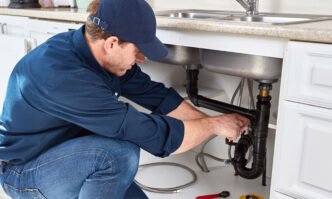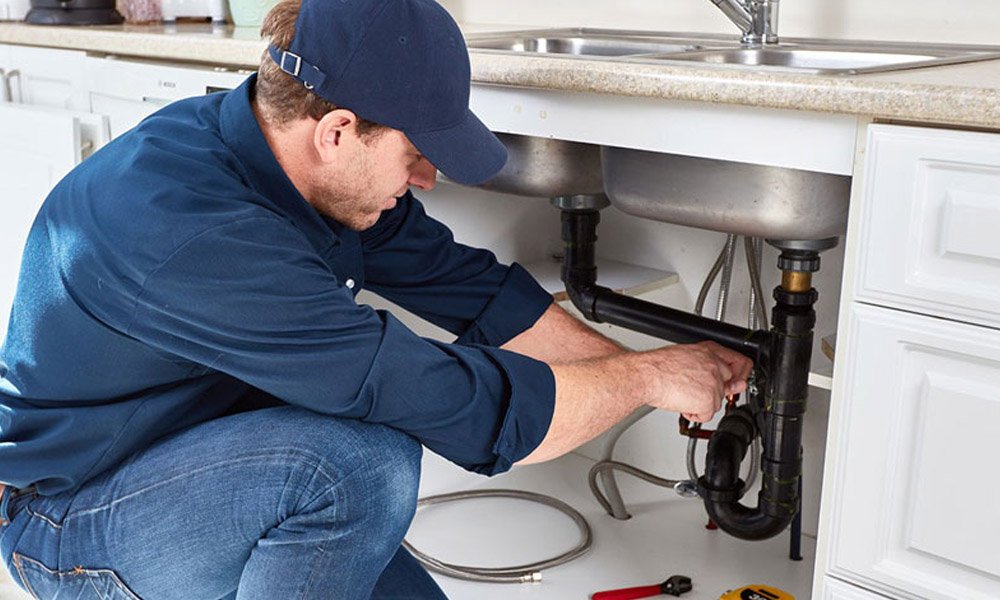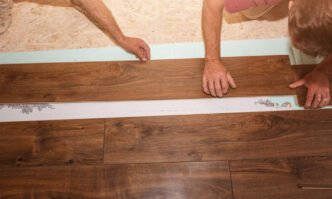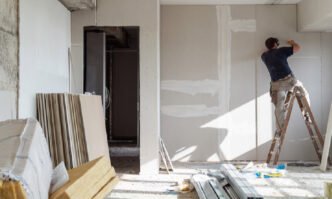Plumbing troubles are inevitable in homeownership. From leaking faucets to backed-up sewage lines, these issues can cause small to big inconveniences. One of your major considerations as a homeowner is whether to fix these plumbing issues yourself or hire a contractor.
While DIY repairs might save money and give you a feeling of success, there are situations when only a skilled plumber should be trusted. Knowing when to hire a pro and when to do it yourself may save you time, frustration, and money. Let’s examine this crucial house maintenance task.
Simple Repairs You Can Handle on Your Own
The plumbing world is enormous, yet not all situations require expert help. Simple tools and patience can fix many simple plumbing issues. These repairs may save homeowners money and empower them if they DIY.
Dripping faucets are commonly caused by worn washers. With a wrench and fresh washer, replacing a washer is easy. Unclogging a drain with a plunger or drain snake is also possible. Although scary, most homeowners can complete these chores without professional aid with the appropriate guidelines.
Fixing a running toilet is another typical DIY project. A running toilet might be caused by a broken flapper or valve, with easy replacement. Stop water waste and lower your water cost with simple tools.
DIY includes sealing tiny leaks with plumber’s tape or putty. For small leaks around joints or fixtures, try these quick solutions. Remember that DIY fixes may only work temporarily. If the condition returns or worsens, see a specialist.
DIY plumbing repairs may boost your confidence and knowledge of your home’s plumbing system while saving money. Only simple problems can be fixed with these methods. Success depends on understanding when a situation demands a specialist.
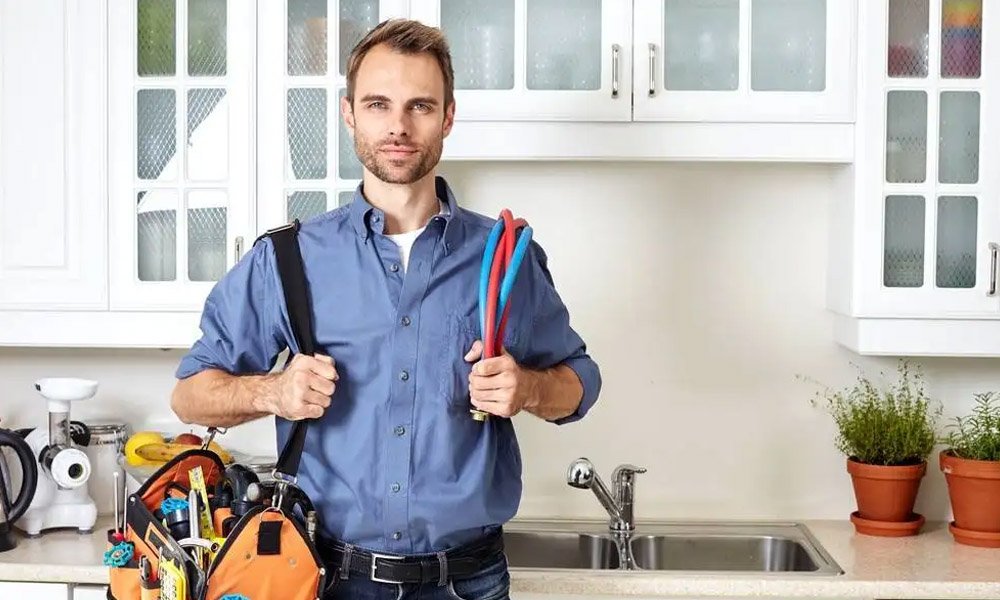
The Importance of Professional Plumber Services
There are instances when DIY repairs can do more harm than good. Plumbing systems are intricate, and issues that seem minor on the surface can escalate into major problems if not handled correctly. Complex plumbing problems often require professional knowledge and expertise.
One of the most common signs that you need professional help is a persistent leak. While a small leak may seem trivial, it can quickly escalate into water damage, mold growth, and a higher water bill. A professional plumber has the tools and knowledge to not only stop the leak but also assess the underlying causes of the issue.
Another issue that demands professional intervention is a backed-up sewer line. Attempting to clear a clogged sewer line without proper equipment can be hazardous and ineffective. These types of blockages require specialized tools like a drain auger or hydro-jetting to ensure the lines are cleared safely and effectively.
Low water pressure throughout the home is another problem that should be addressed by a professional. The cause of low water pressure could be anything from a clogged pipe to an issue with the main water supply. A plumber can quickly diagnose the issue and provide a long-term solution, preventing future water pressure problems.
If your DIY efforts only lead to further complications, it’s time to call in an expert. Trying to fix a problem without the necessary experience can often make the situation worse, resulting in additional costs and repairs.
Choosing the Right Plumber for the Job
The appropriate plumber is essential when calling in an expert. The correct plumber may make all the difference in quality and expense.
First, seek for a plumber with a strong reputation and great client evaluations. When picking a plumber, word-of-mouth can reveal their work ethic, professionalism, and reliability. Online reviews and ratings can help predict what to anticipate.
Also evaluate a plumber’s experience and specialty. Plumbers may specialize in water heater installation or sewage line repair. Choose a plumber with experience in your situation. They will have the skills to solve the problem efficiently.
Also check if the plumber offers preventative maintenance. A qualified plumber will cure your issue and prevent future ones. They can advise on pipe leak inspection, water pressure checks, and drain cleaning.
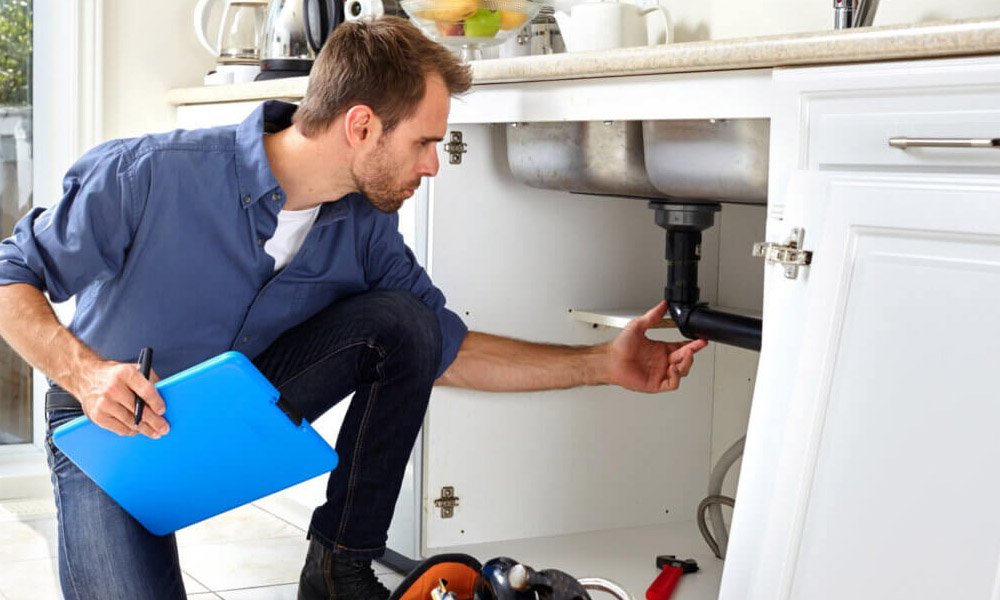
Knowing When to Call the Experts
Ultimately, knowing when to take on a DIY plumbing repair and when to call in the professionals comes down to understanding the complexity of the issue at hand. Simple problems like a leaky faucet or clogged drain can usually be handled by a knowledgeable homeowner, but more serious issues—like backed-up sewer lines, low water pressure, or persistent leaks—should always be handled by a licensed plumber.
Making the right decision can save you time, money, and headaches in the long run. Don’t hesitate to call a professional when the problem requires expertise or specialized tools. A reliable plumber will not only resolve the issue but also offer valuable advice to keep your plumbing system in top condition for years to come.
By knowing your limits and when to seek professional help, you ensure that your home’s plumbing system remains in good working order, avoiding unnecessary repairs and costly mistakes. So, whether you’re tackling a DIY project or calling in a plumber, remember that the right decision can keep your home safe, dry, and problem-free.
Frequently Asked Questions
When should I attempt a DIY plumbing repair?
You can handle simple issues like a leaky faucet or clogged drain.
When is it best to call a professional plumber?
Call a professional for major issues like persistent leaks or low water pressure.
Can DIY repairs cause more damage?
Yes, if not done correctly, DIY fixes can worsen the problem and increase costs.
How do I choose the right plumber?
Look for a plumber with positive reviews, experience, and specialization in your issue.

